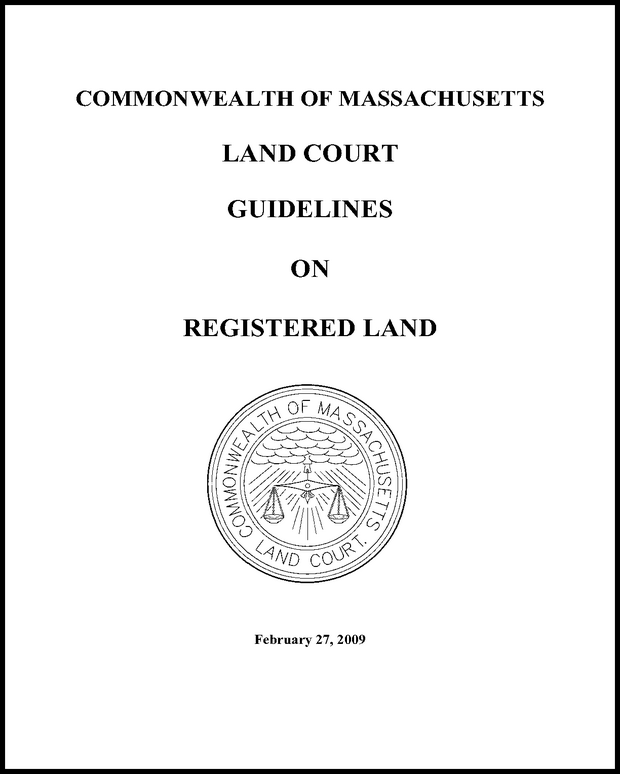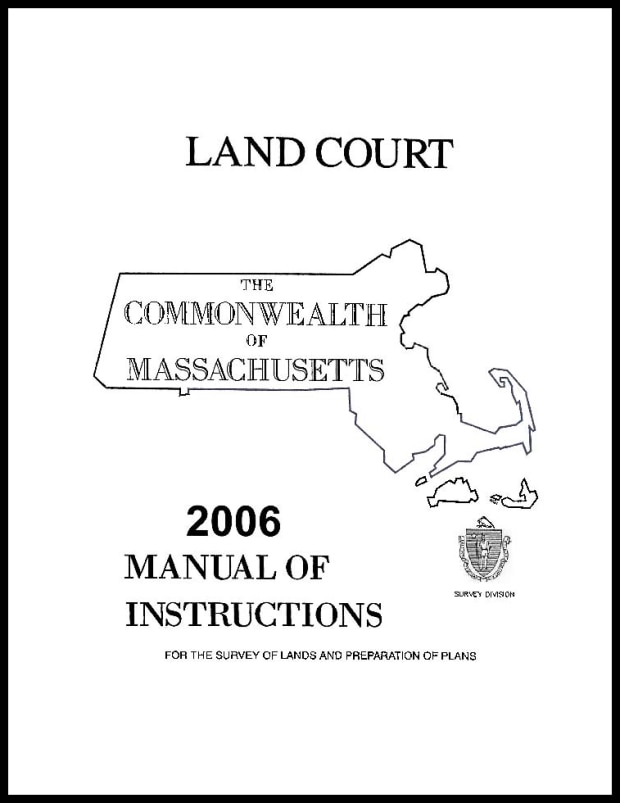The Land Court has exclusive, original jurisdiction over the registration of title to real property and over all matters and disputes concerning such title subsequent to registration. Registration of title occurs when the Land Court, after having the title exhaustively searched by a court-appointed title examiner, and after due process is afforded to all interested parties, reviews and then adjudicates and decrees the state of the title. Thereafter the current state of the title, as it is sequentially updated by registration of future transactions, is embodied in a certificate of title which not only evidences title, but is in fact the guarantee of title, subject only to the exceptions provided by statute and matters of federal law. Subsequent owners of registered land are issued numbered certificates describing the property and noting any encumbrances (such as mortgages) or rights affecting the property. The initial decree of registration and the subsequent certificate of title are in rem, that is, against the whole world.
In its role overseeing the Commonwealth’s system for the registration of title to real property, the Land Court exercises superintendency authority over the registered land districts in each registry of deeds. The Land Court has both judicial and administrative powers and a staff consisting not only of judges and clerks, but of survey engineers, attorney title examiners, and other technical staff skilled in real estate matters.

